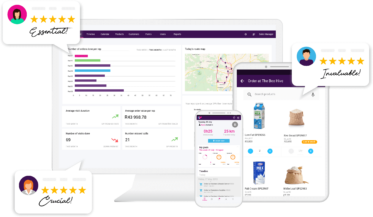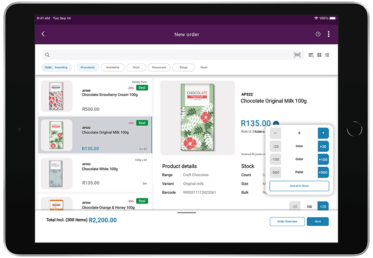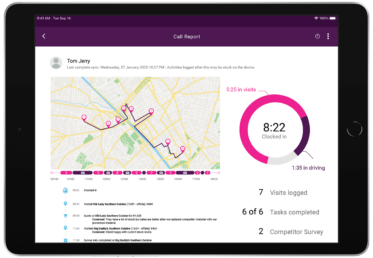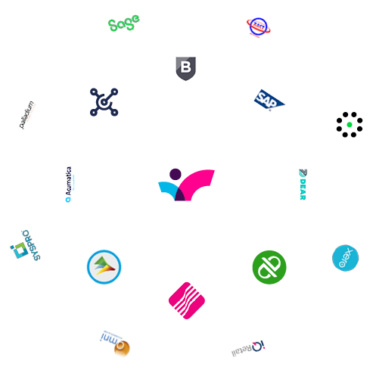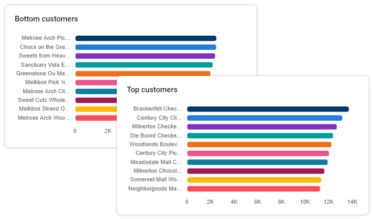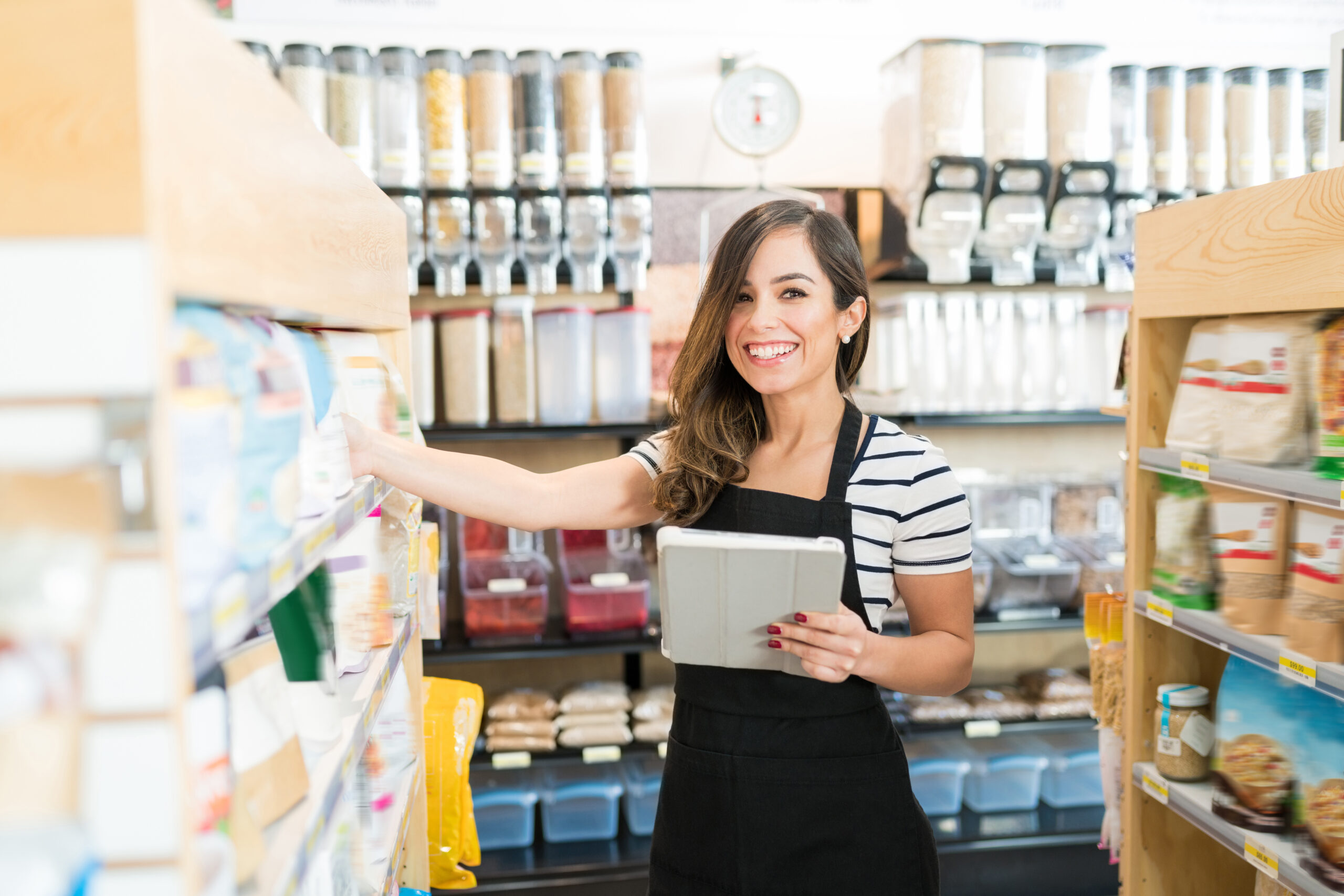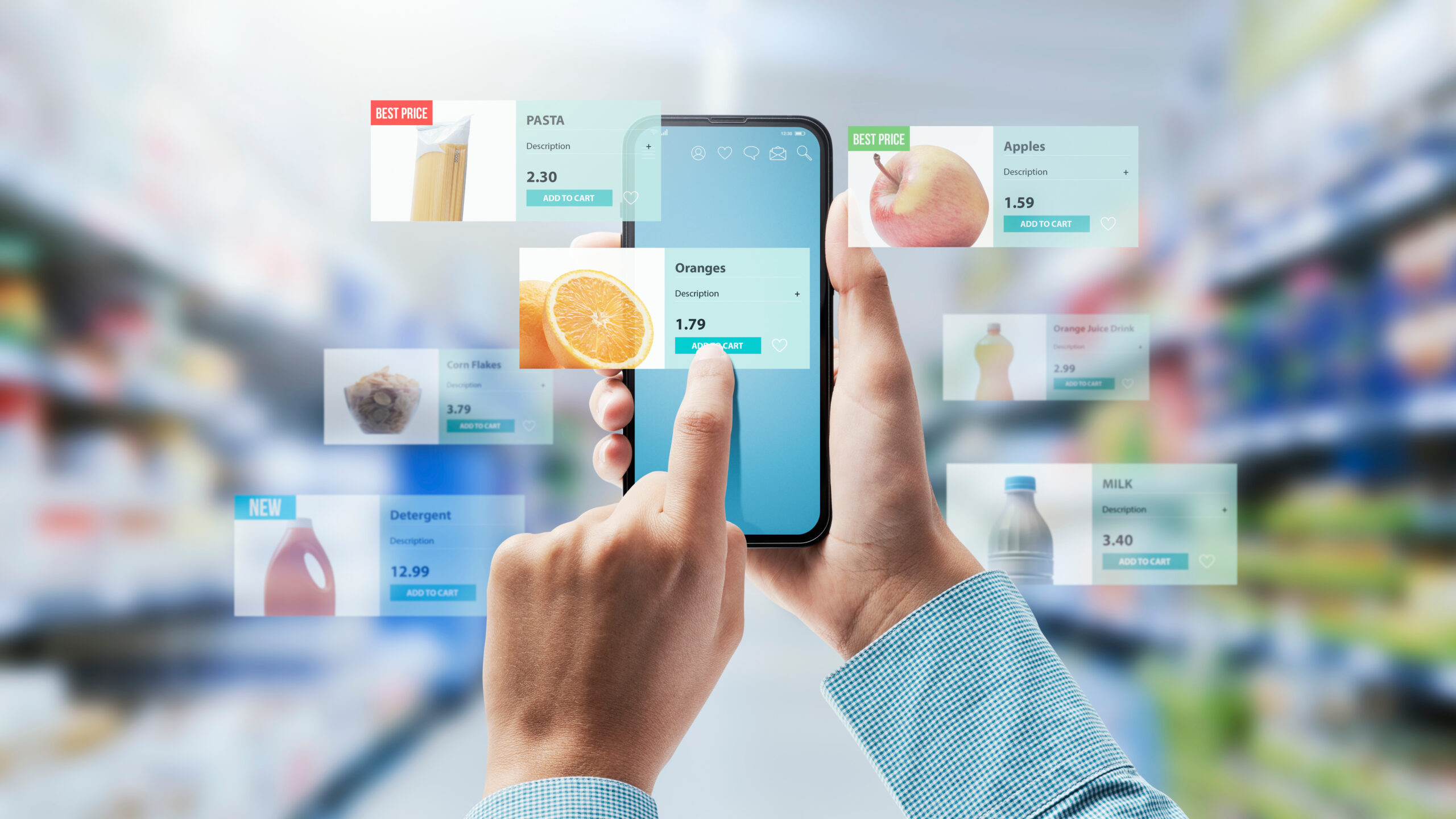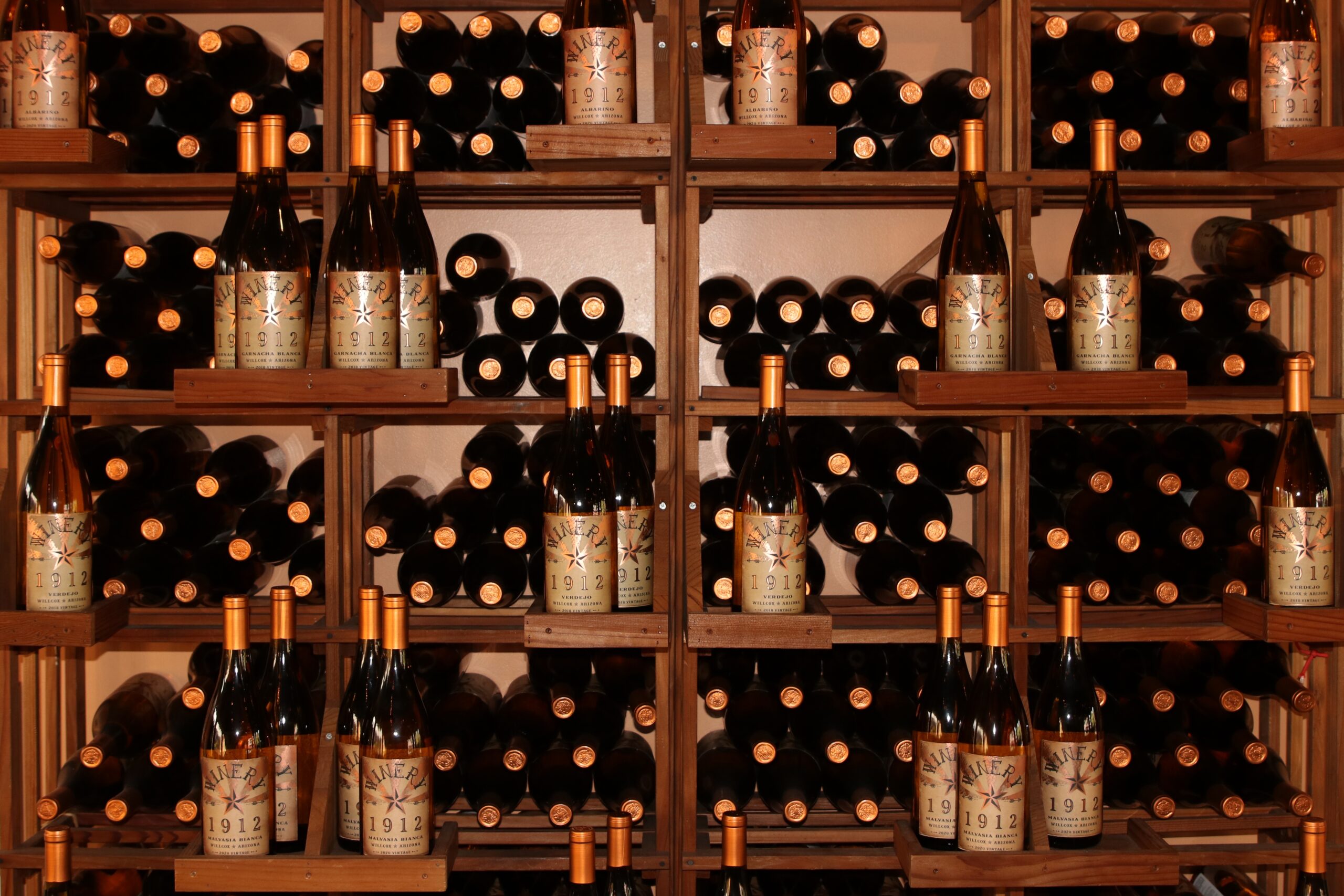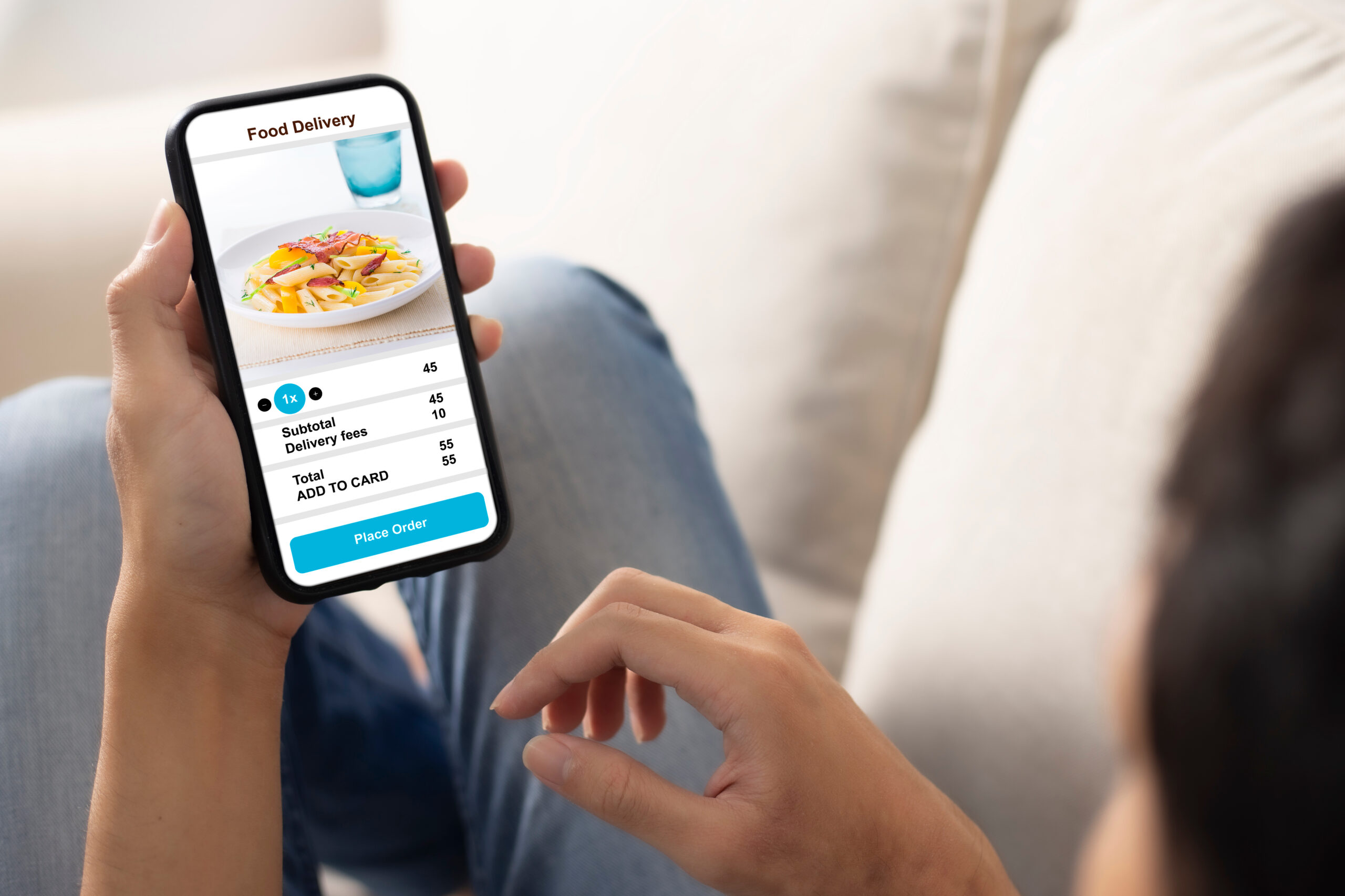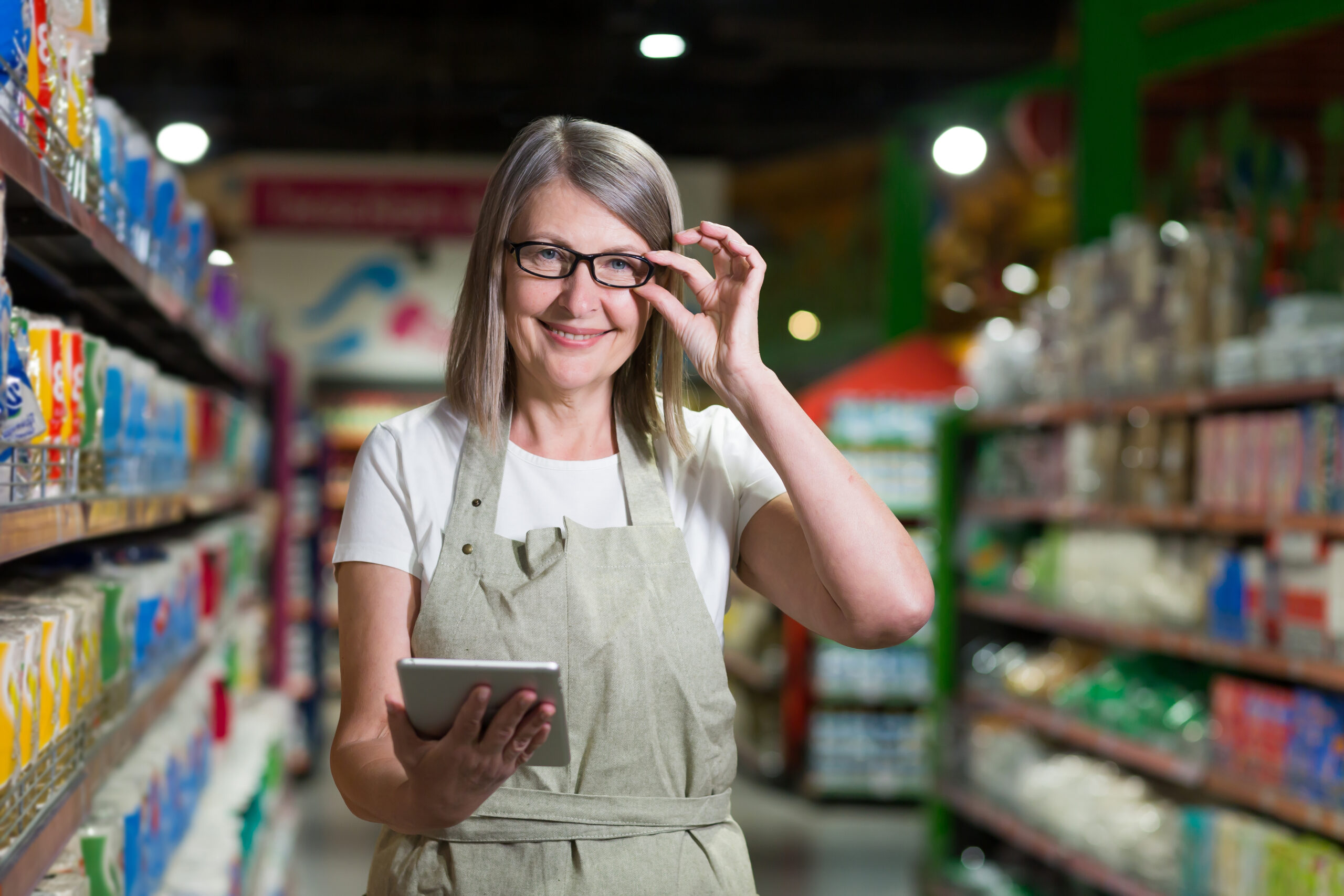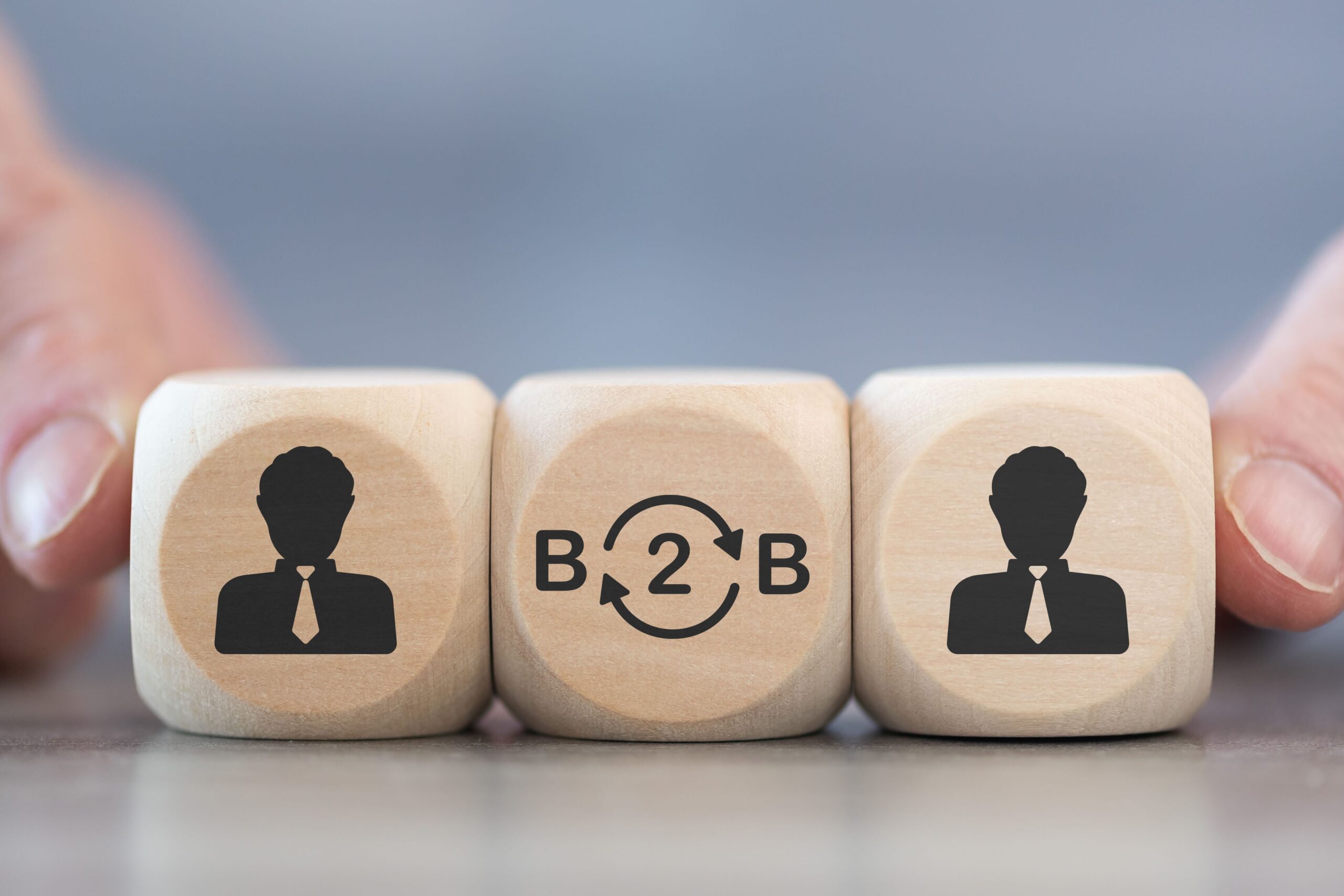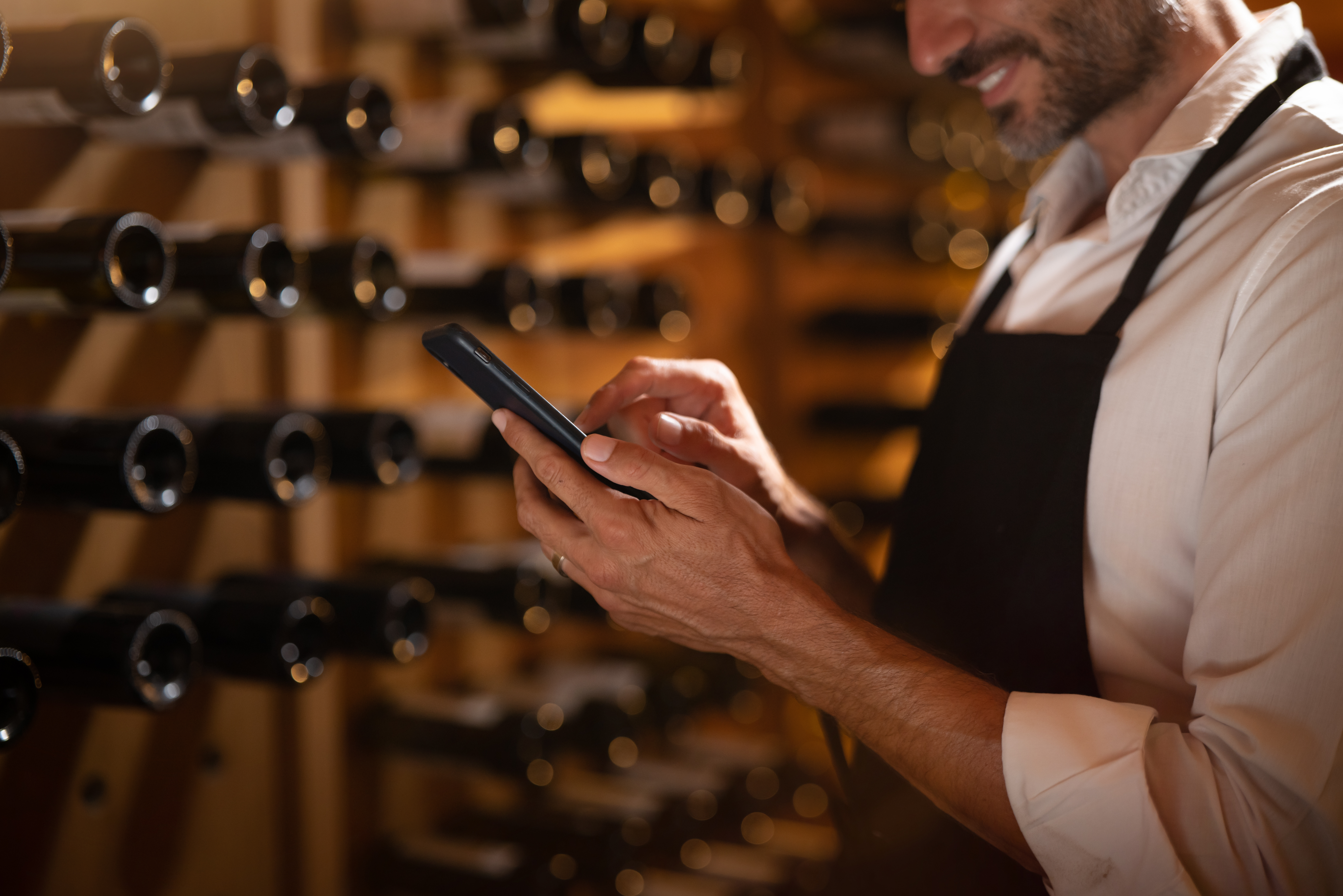
Selling perishable goods into the food and beverage supply chain is not for the faint-hearted. Flour might keep, but dairy, fresh produce, and proteins don’t exactly play nice with delays. In B2B field sales, timing, visibility, and precision are everything.
Your buyers are manufacturers, distributors, retailers, or wholesalers in their own right, and they rely on consistent deliveries of quality bulk ingredients. If your field sales reps don’t get it right, the impact reaches beyond a missed sale; it’s a broken production line, a missed contract, or a lorry leaving half-empty.
And this is why access to the best field sales app is essential.
The perishable goods supply chain challenge
Selling bulk perishables into the food and beverage industry comes with its own unique headaches:
- Short shelf life, big consequences – if the cream soured before it hit the bakery, you’ve just tanked their production schedule.
- Demand volatility – one order can be in pallets, the next in truckloads. Buyers often respond to unpredictable market trends or seasonal spikes.
- Margin squeeze – bulk pricing leaves little room for error. Wastage or late deliveries erode profits quickly.
- Regulatory scrutiny – bulk perishables must move compliantly through the chain, with data and traceability to prove it.
For field sales teams, the challenge is clear: act fast, stay informed, and deliver consistency in a volatile environment.
Skip ahead: Enquire today about how Skynamo helps you make sales, make sense
Why field sales teams need the best field sales app
Old-school order pads and next-day calls don’t cut it when your customer is a bottling plant waiting on syrup or a cheese manufacturer running out of cultures. Sales tech steps in to close the gaps:
- Live product data – Reps know what’s available in the warehouse and how long it will hold.
- On-the-spot ordering – Orders can be confirmed during the client visit, cutting admin delays.
- Demand forecasting – Data helps predict seasonal spikes and prevent under- or over-supplying.
- Traceability and compliance – Digital records build trust and reduce risk when regulatory checks come knocking.
With the right tools, your reps become strategic partners, not just order takers.
Benefits of smarter sales tech in perishable B2B sales
1. Fewer production disruptions
If a customer needs bulk yeast today, waiting until “Monday morning when the order desk opens” is not an option. Sales tech ensures reps lock in supply instantly.
2. Minimise waste and downtime
With expiry data, reps can match at-risk stock to buyers who can use it quickly. The bakery gets its flour, and you avoid landfill.
3. Real-time pricing and margins
In volatile markets, bulk pricing shifts fast. Sales tech gives reps access to current pricing and discount structures, avoiding awkward “that’s not what you quoted me” conversations.
4. Build long-term strategic customer relationships
Reps with visibility of a buyer’s order history and forecasted needs can anticipate requirements—becoming indispensable partners in their supply chain.
Practical steps to optimise B2B field sales in perishables
If you manage a field sales team with reps who visit clients regularly, then here are ways to grow customer relationships, improve efficiency and hit those sales targets.
- Digitise the order process. Paper orders equal lost time and errors.
- Equip your reps with mobile-first tools. Field sales happens in plants, depots, and farms—places Wi-Fi doesn’t always reach.
- Train reps to read the data. Knowing when a customer’s usual order frequency dips can be a red flag worth acting on.
- Integrate sales, logistics, and finance. Silos kill speed. Integration keeps everyone aligned.
The Skynamo edge
Skynamo was built for field sales, and in perishable bulk goods, that’s critical. Our platform helps teams in food and beverage supply to:
- Place and confirm orders during visits, online or offline.
- Access live inventory and pricing data in the field.
- Track expiry dates and manage at-risk stock proactively.
- Give managers complete oversight with real-time dashboards.
Skynamo is the best sales rep app to keep bulk ingredients moving efficiently through the supply chain.
Ready to equip your sales team in the field?
Book a demo with Skynamo and see how we help field sales teams deliver, every time.
FAQs
What is B2B in food industry?
B2B in the food industry refers to selling bulk ingredients, raw materials, or packaged products directly to other businesses, such as manufacturers, distributors, wholesalers, and caterers, rather than to end consumers. It’s all about ensuring supply chains run smoothly, with reliable deliveries and accurate orders. Want to see how Skynamo helps food and beverage teams get it right every time? Enquire today.
What are B2B sales examples?
B2B sales include transactions where one business supplies another. For example, a dairy supplier providing milk powder to a confectionery manufacturer, or a distributor selling flour to bakeries. The focus is on volume, consistency, and long-term partnerships rather than one-off purchases. Discover how Skynamo supports these B2B sales processes with smarter sales tech. Speak to us.
What is the B2B sales field?
The B2B sales field is the environment where sales reps engage directly with businesses, often face-to-face, to secure contracts and manage ongoing supply relationships. In industries like food and beverage, field sales is critical because timing, product freshness, and trust drive repeat orders. See how Skynamo equips field reps with everything they need. Book a demo.
What are the 7 steps of the B2B selling process?
The classic 7 steps include: prospecting, preparation, approach, presentation, handling objections, closing, and follow-up. In B2B food and beverage sales, these steps are supported by data, speed, and seamless ordering to keep supply chains moving. Skynamo B2B sales app makes each stage faster and smarter. Get in touch to find out how.

